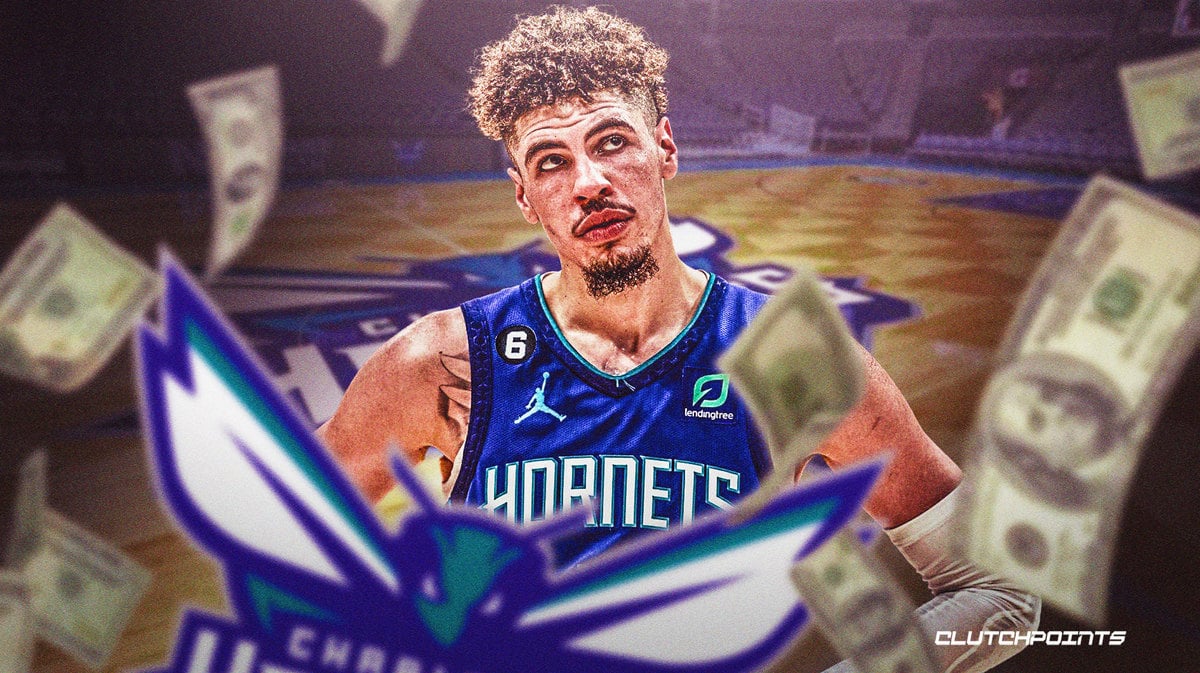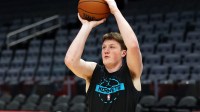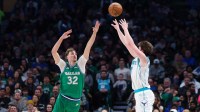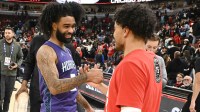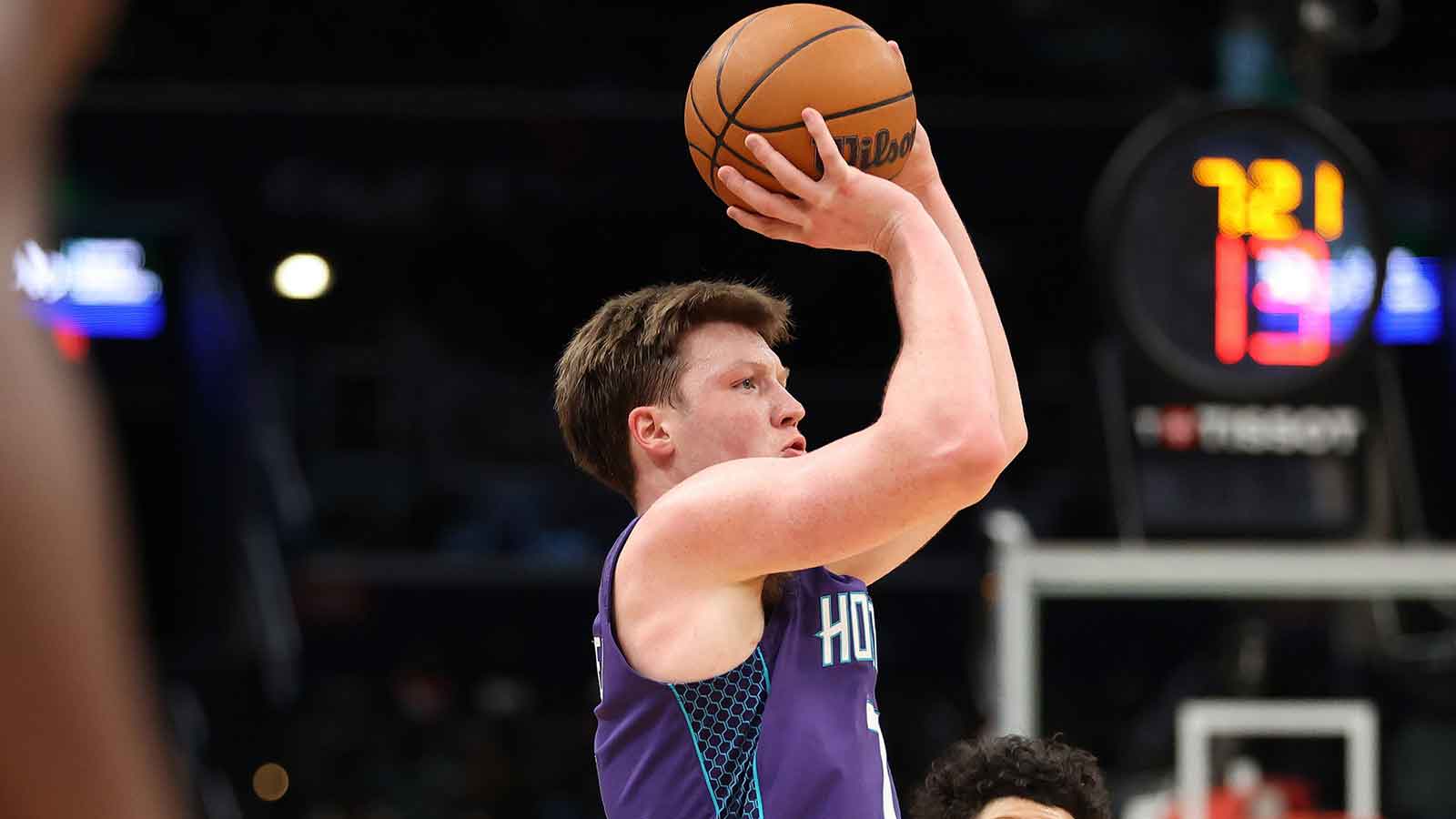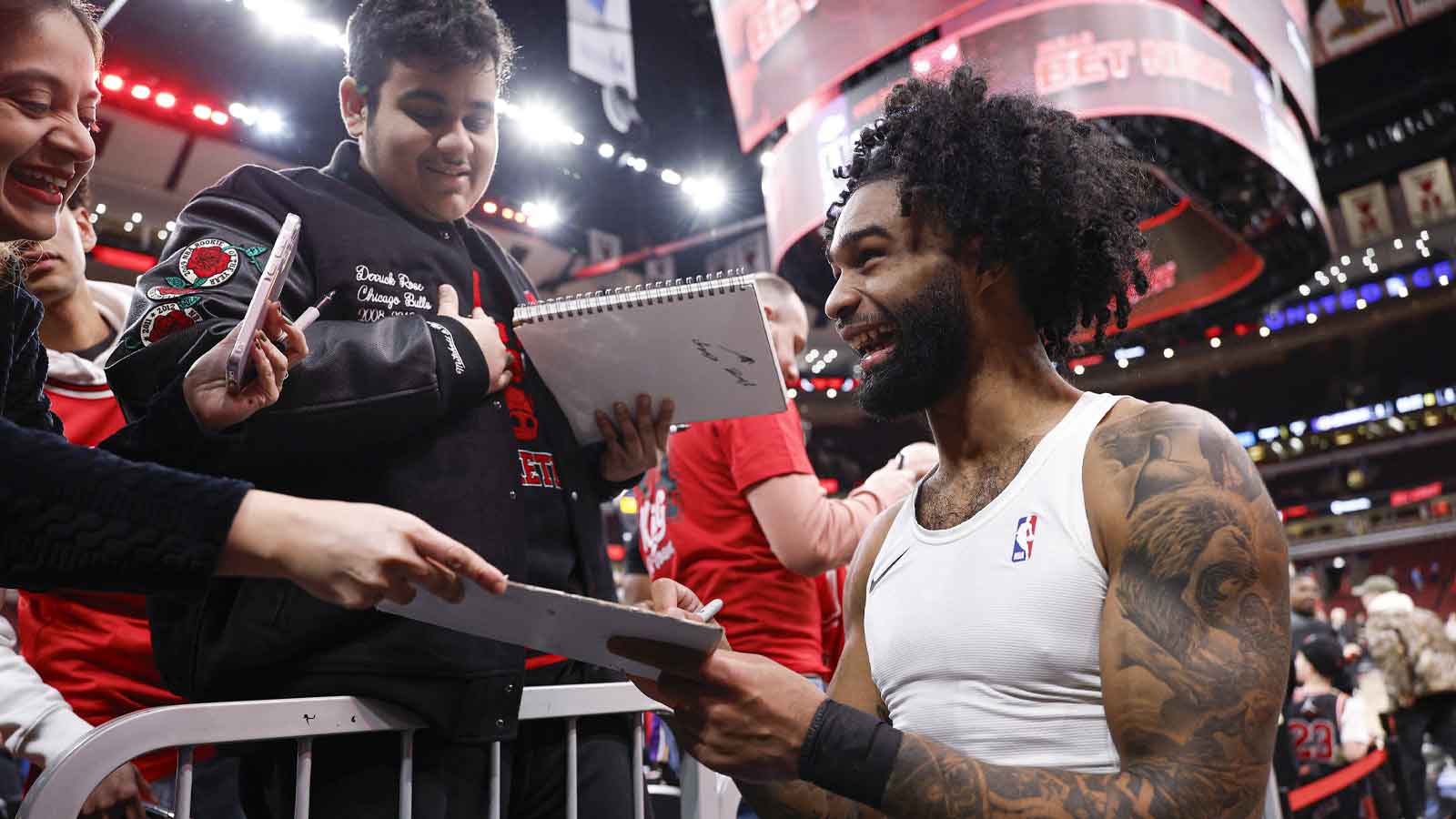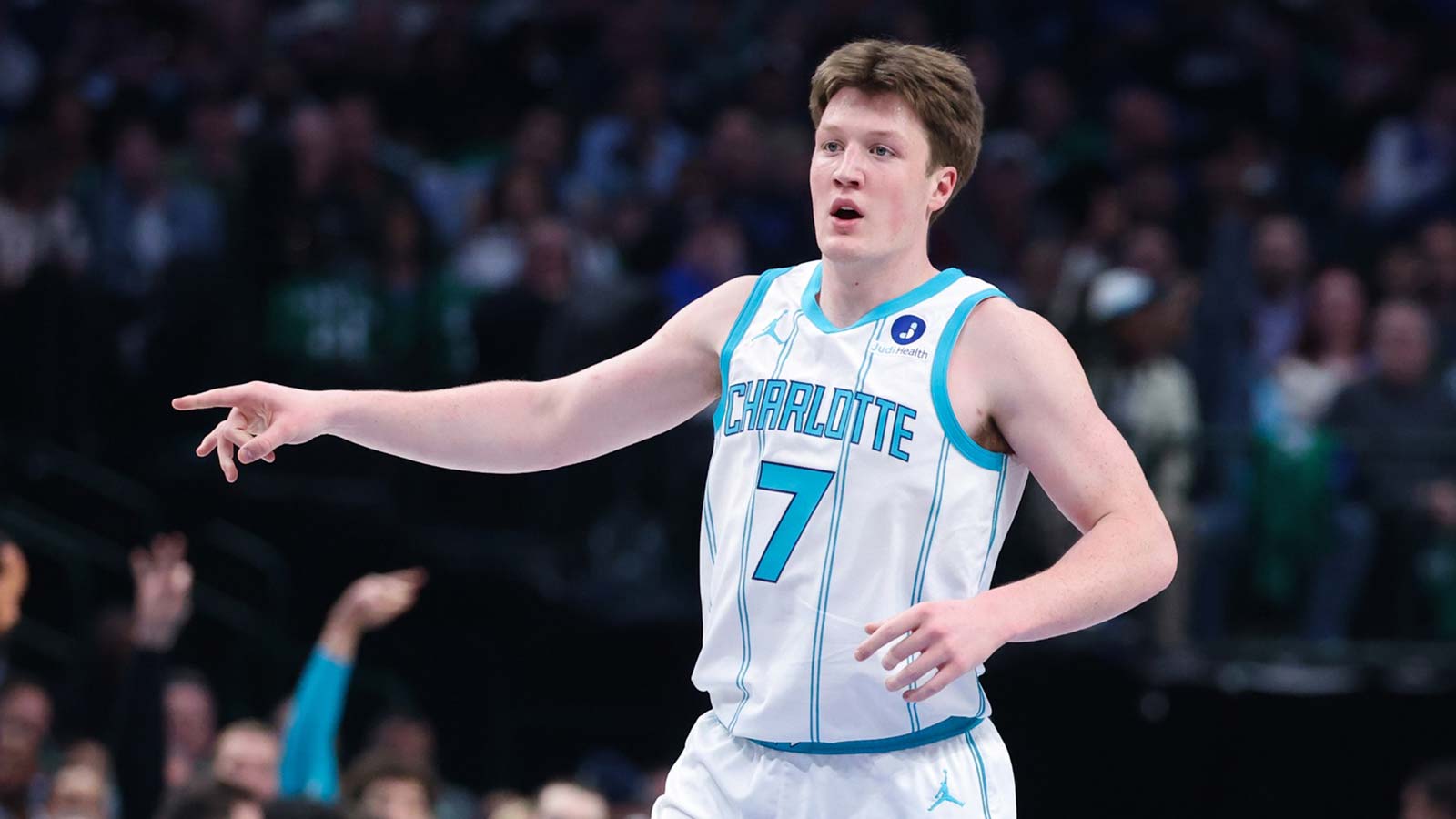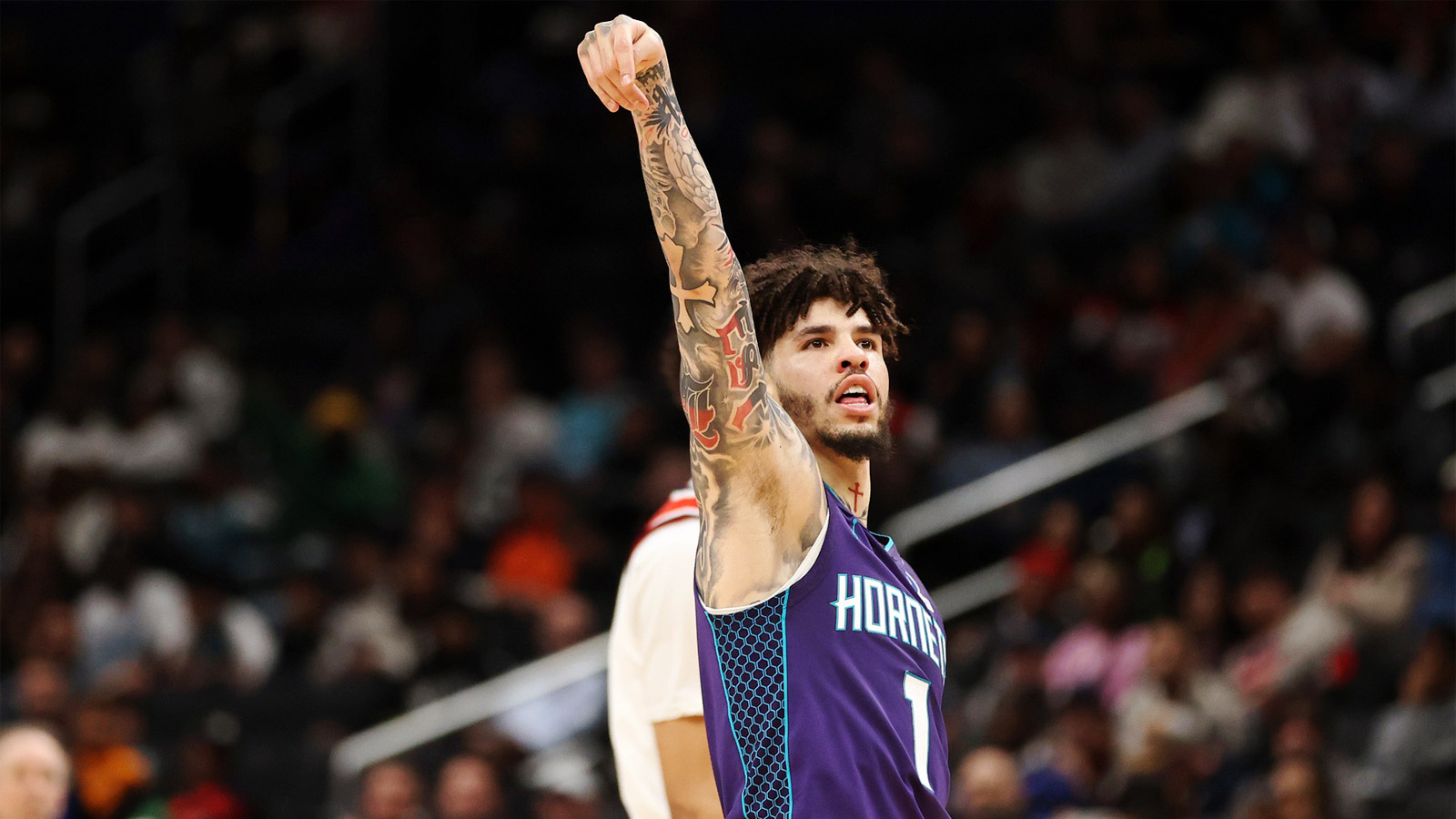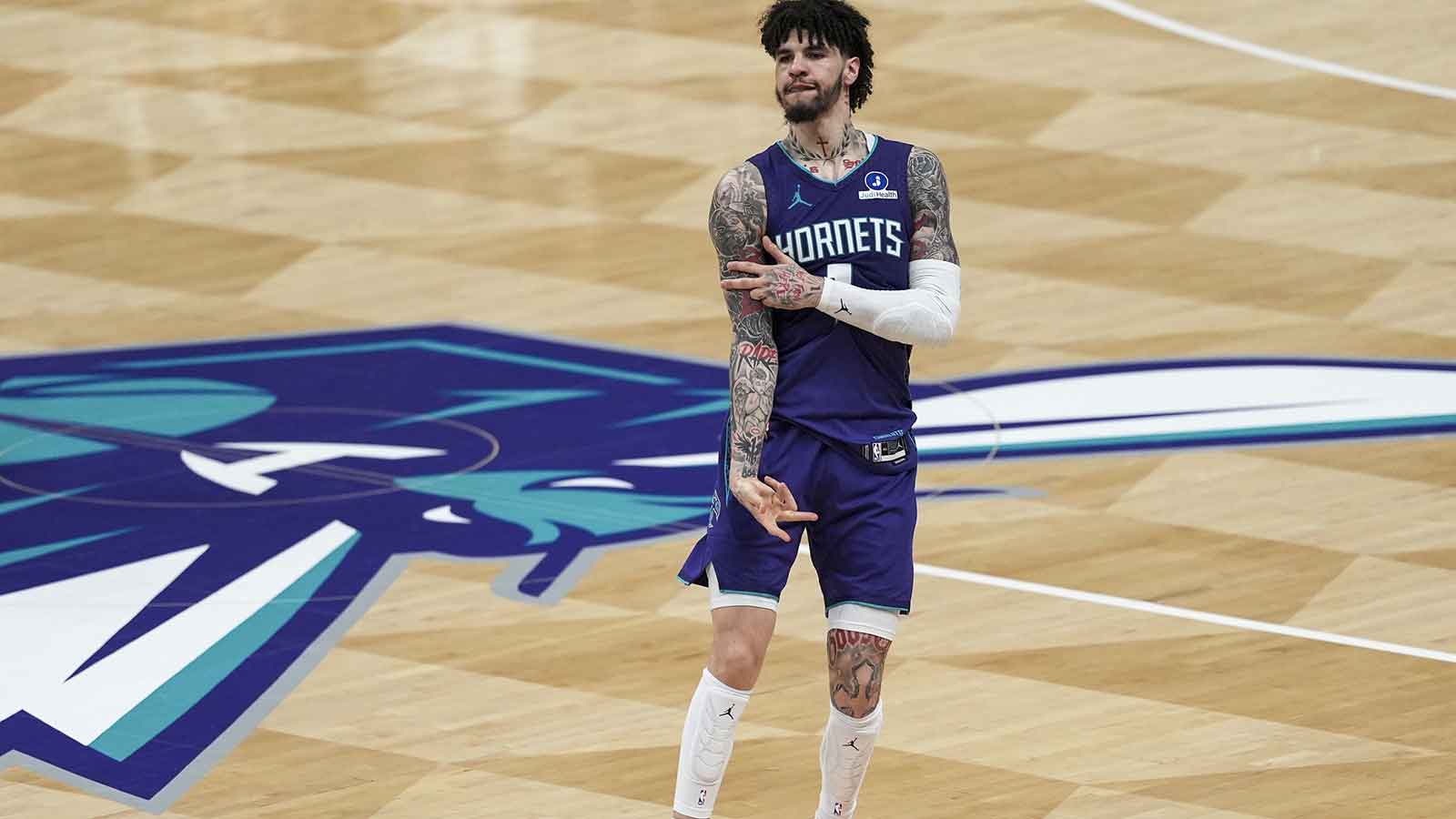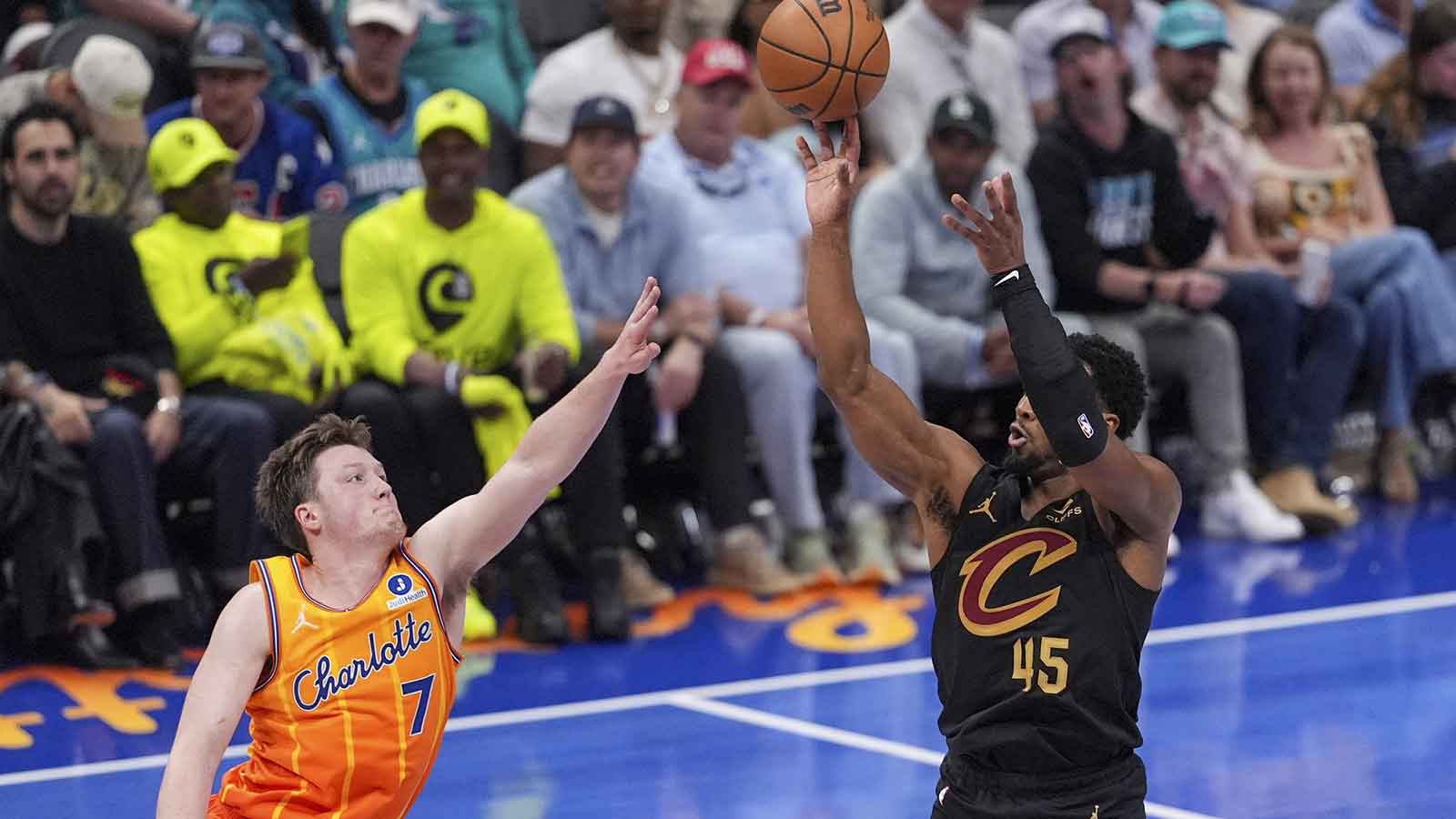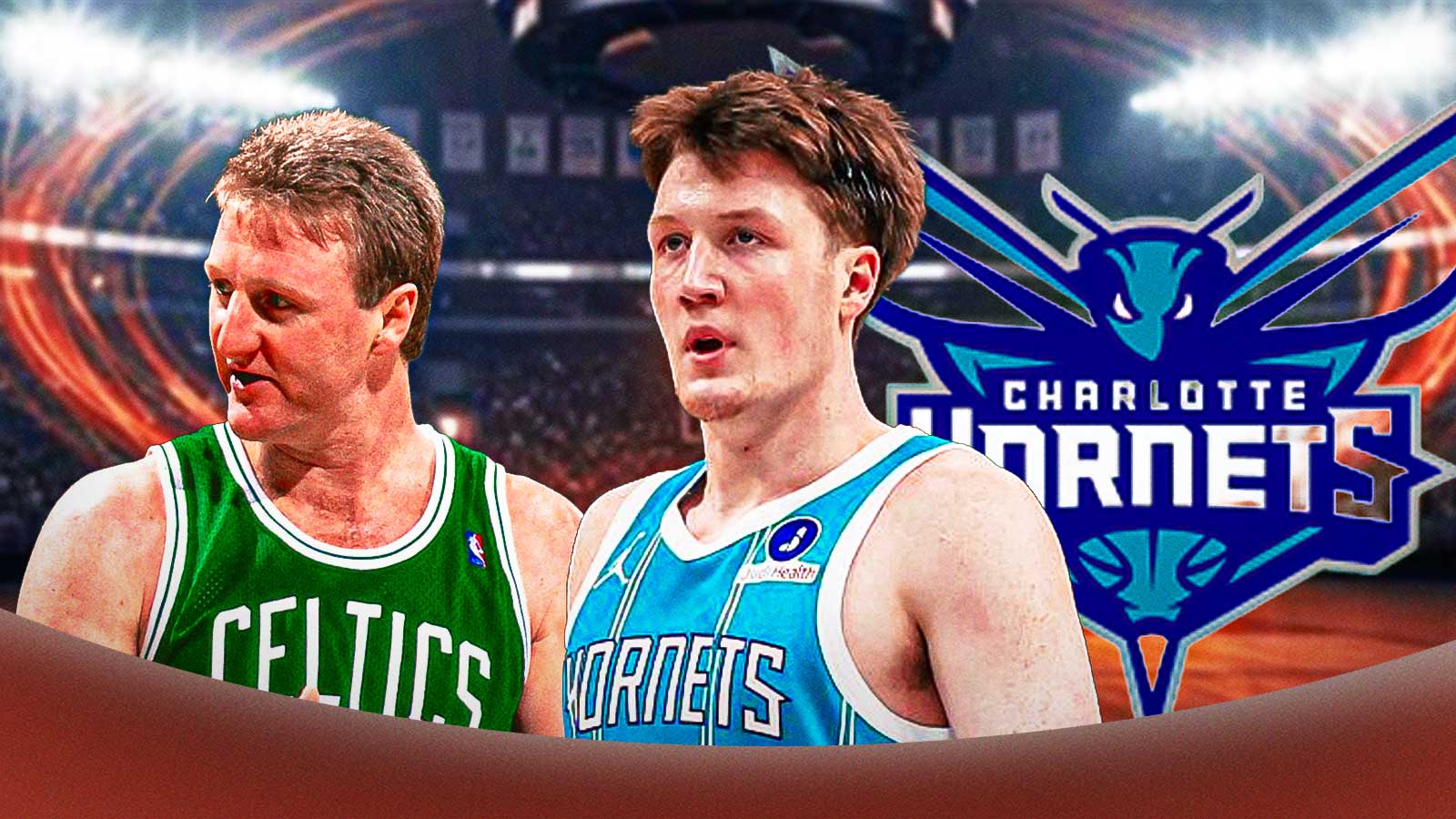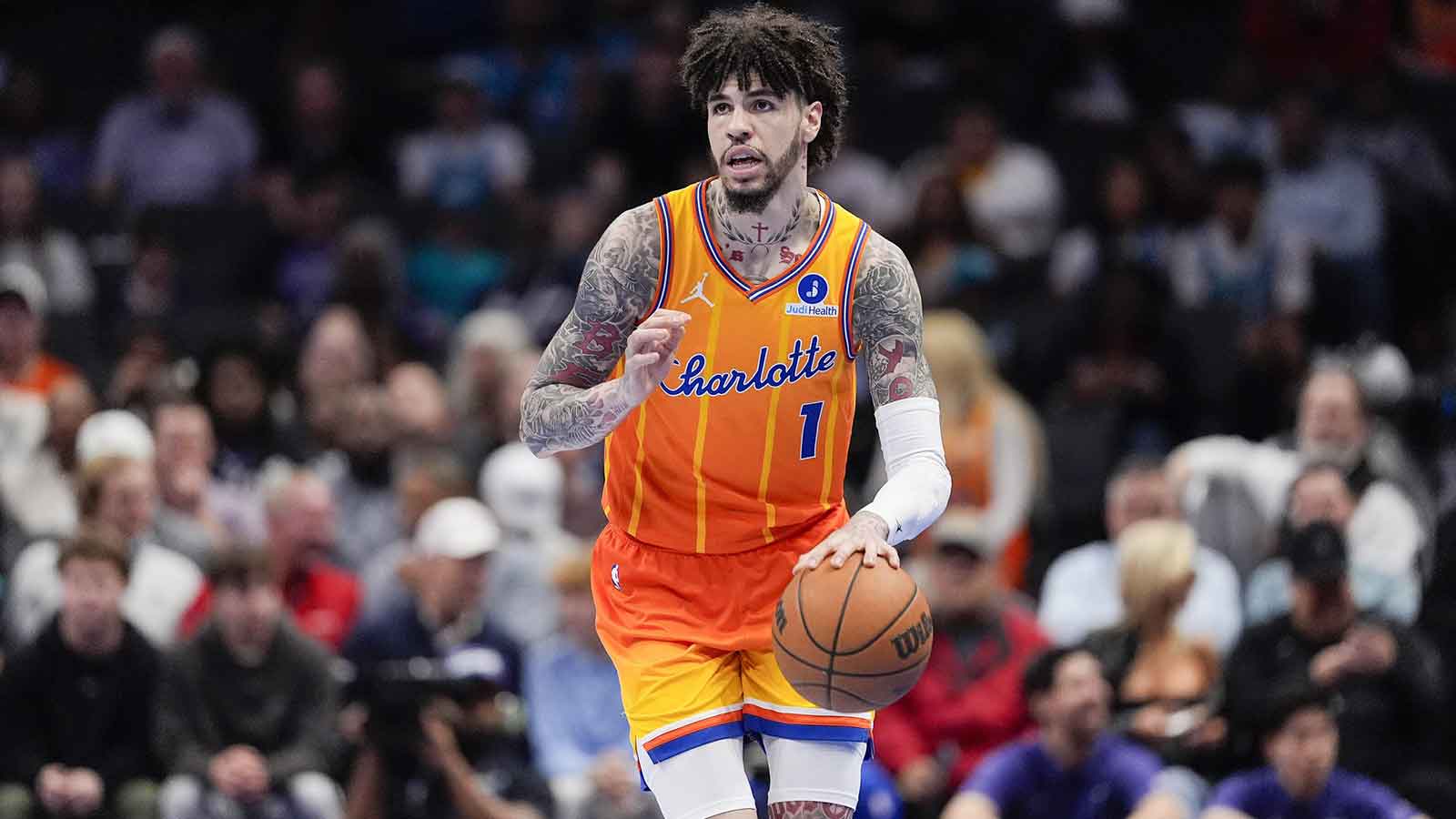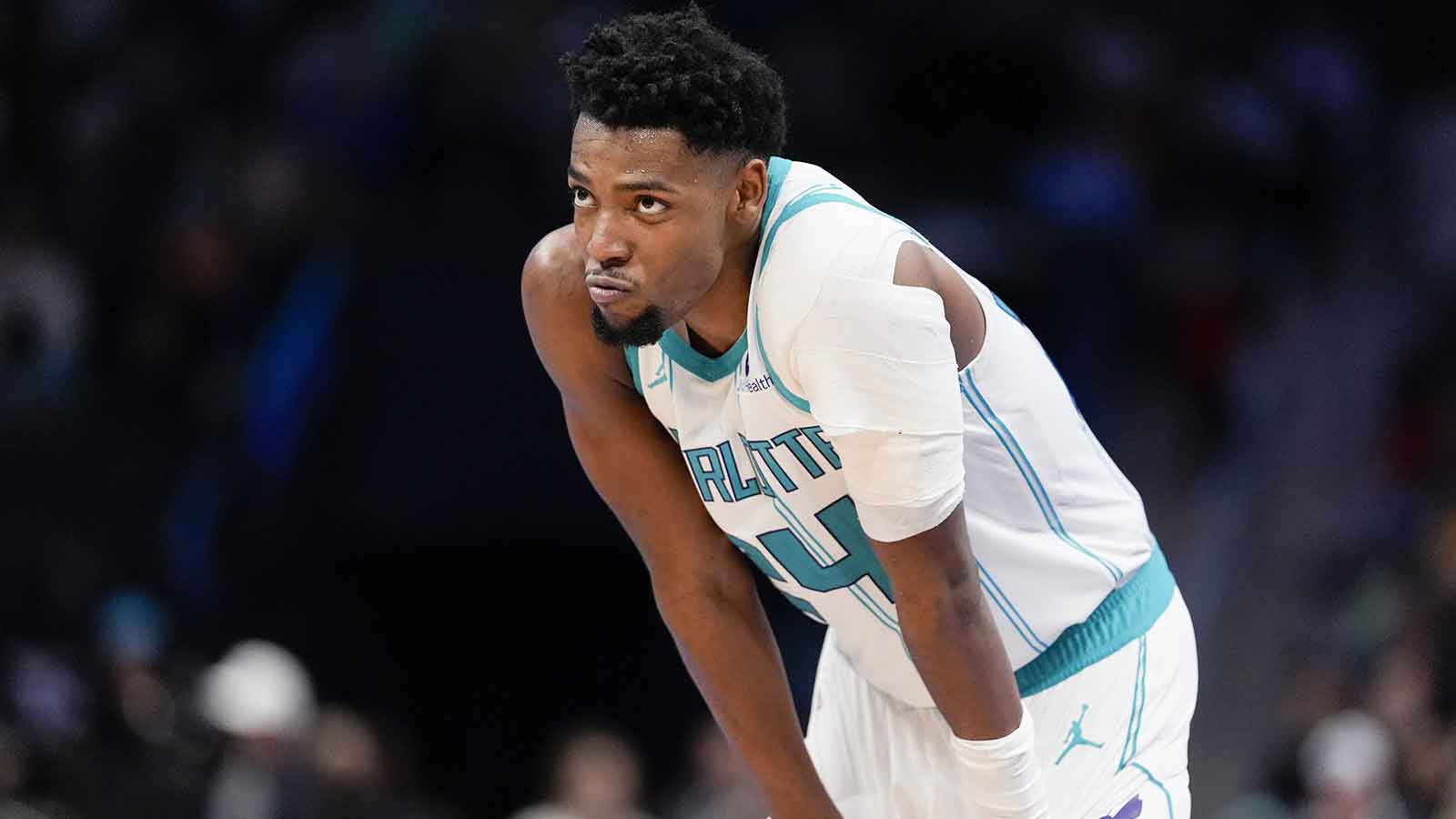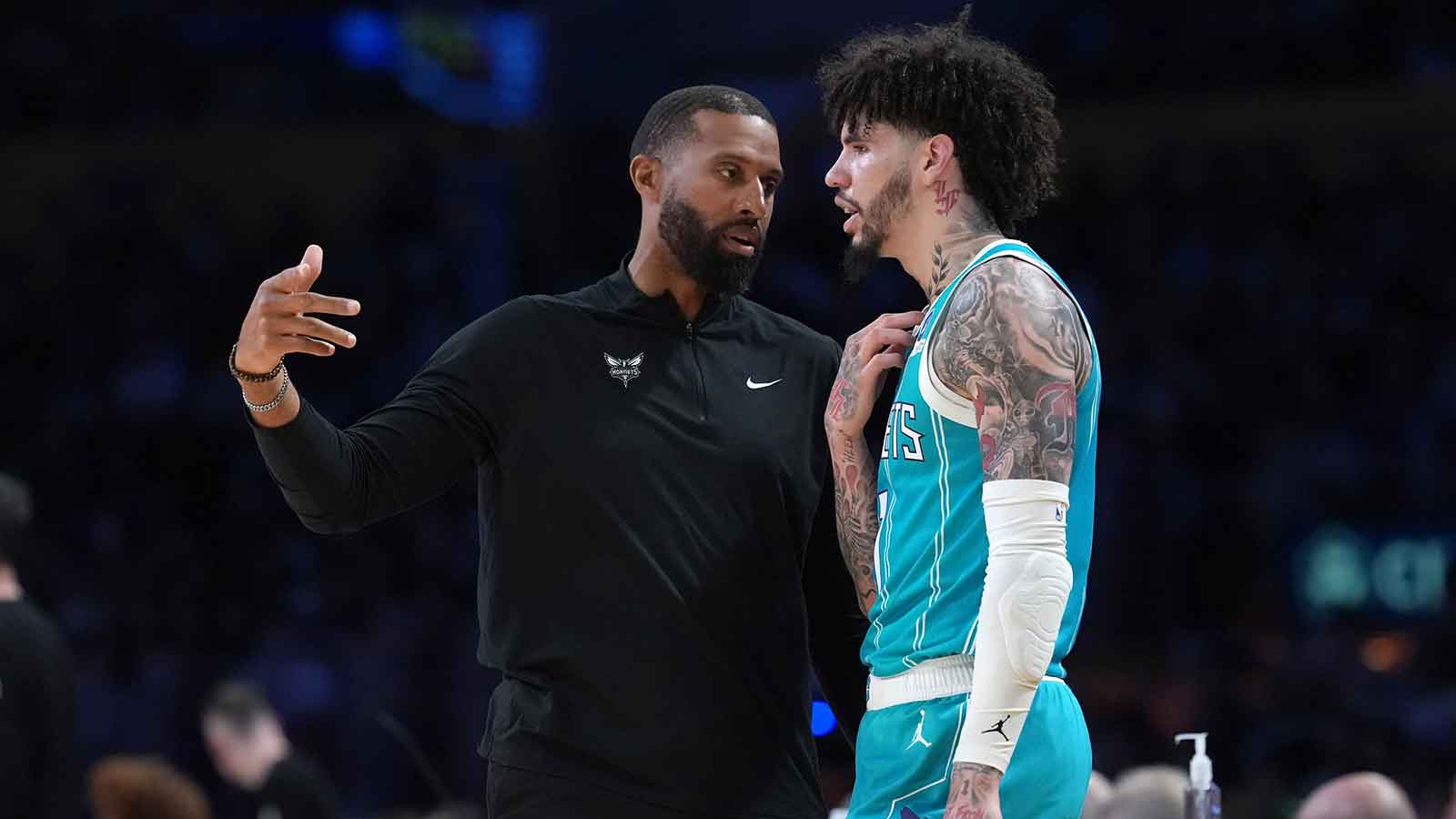Don't be surprised if the Charlotte Hornets look back on 2023 NBA free agency with serious regret. The Hornets signed LaMelo Ball to a five-year contract extension that could be worth as much as $260 million. It was a mistake that could cost Charlotte significantly in the coming seasons.
By inking LaMelo Ball to the five-year designated rookie max extension, the Hornets handed out the biggest contract of 2023 NBA free agency. Indiana Pacers guard Tyrese Haliburton also signed a contract that could be worth $260 million, depending on being named to an All-NBA team. Both deals come with a clear downside, particularly in Charlotte's case.
There is certainly an upside for Charlotte. Ball is one of the best young players in the NBA. The Hornets' point guard was named the 2021 NBA Rookie of the Year and selected to the 2022 All-Star team. Ball averaged 23.3 points, 6.4 rebounds, 8.4 assists and 1.3 steals at just 21 years old last season. If Ball fulfills his potential, his contract could theoretically become a bargain.
By signing the extension, Ball gave up the chance to become a restricted free agent next summer. He's under the Hornets' control through the 2028-2029 season. It's unlikely that Charlotte would be able to sign a free agent who has Ball's ceiling within the next five years.
Why was it a mistake for the Hornets to give Ball an extension in 2023 free agency?
The Hornets should have waited a year to sign LaMelo Ball
If Ball were one season away from unrestricted free agency, it would've made sense for the Hornets to pay the point guard as much money as possible. But Ball could only become a restricted free agent in the summer of 2024. That means Charlotte would've been able to match any offer made by another team. No other suitor would've been able to give Ball a contract worth up to $260 million.
The Hornets don't have to go back far in order to find teams who have a case of buyer's remorse for giving their young star a large extension one year early. Nine months after giving Jordan Poole a four-year, $128 million extension, the Golden State Warriors traded the guard in what was essentially a salary dump. Tyler Herro's $130 million extension doesn't exactly look great, given the difficulty that the Miami Heat are having unloading the contract in Damian Lillard trade talks.
There would've been only one downside in waiting a year to offer Ball a max extension; letting Ball become a restricted free agent would've given him the chance to take the one-year qualifying offer in 2024, allowing him to become an unrestricted free agent in 2025. Had Ball been given the chance and gone that route, it would've been an unprecedented decision.
Restricted free agents who are offered a max contract never opt to take the qualifying offer. It simply doesn't happen. Doing so would require Ball to leave around $200 million guaranteed on the table.
The first player to turn down a max contract in favor of the qualifying offer will likely be someone who has made an All-NBA team and has few questions about his health. Ball doesn't fit into either of those categories.
Ball was limited to 51 games as a rookie because of a fractured bone in his right wrist. A fractured ankled limited Ball to 36 games last season. If Ball gets hurt again next season, the Hornets' decision to give him a massive extension will start to look very shaky, very fast.

